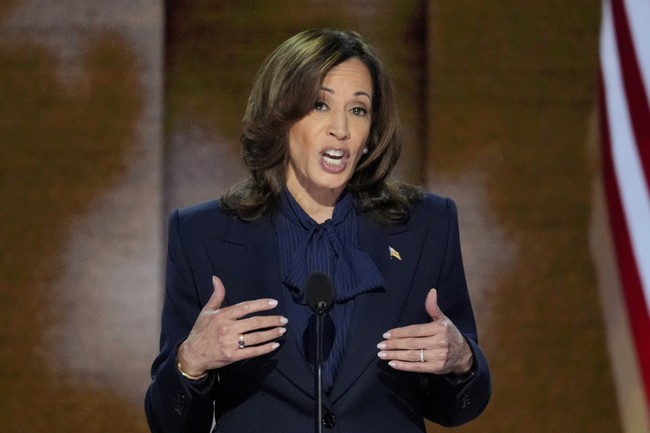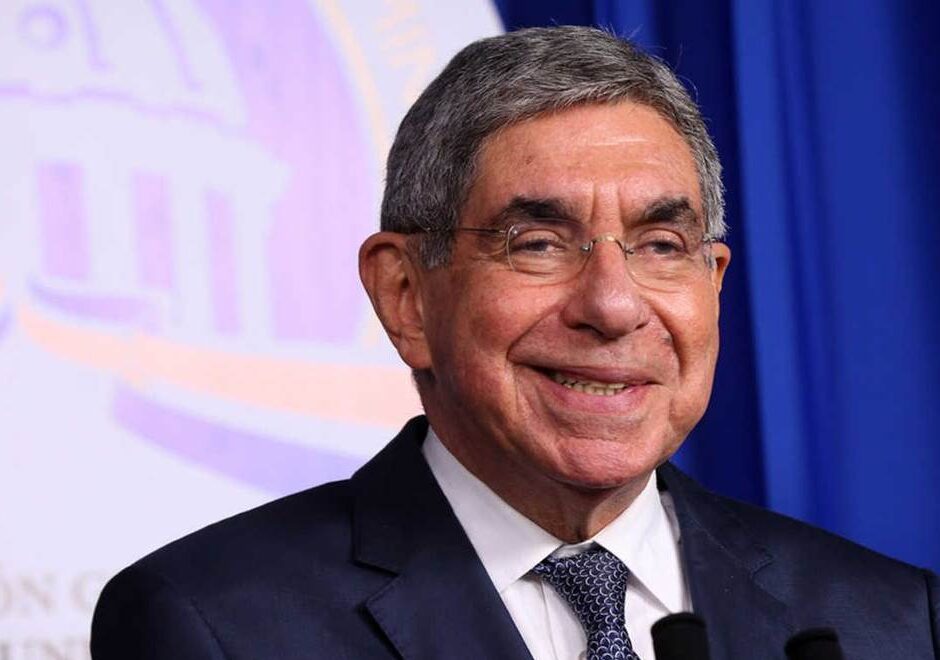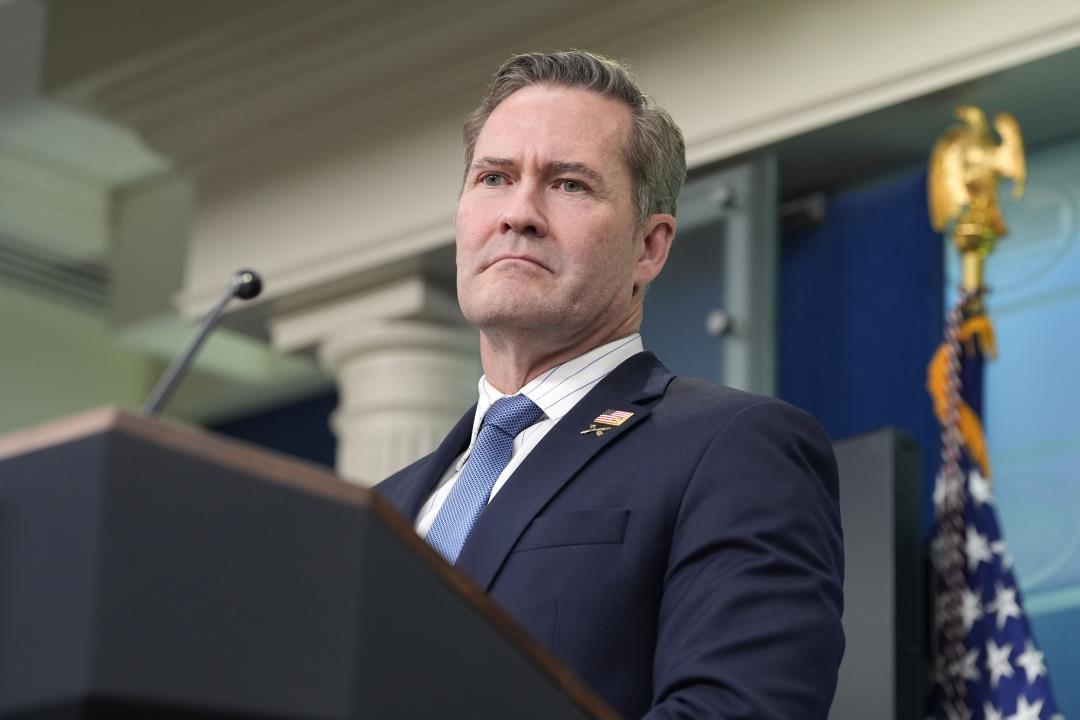France's Political Turmoil: Trust Votes and Reforms
Diving into the complexities of France's political landscape, recent developments challenge stability as leaders debate over trust votes and controversial reforms.
Published January 18, 2025 - 00:01am

Image recovered from nouvelobs.com
The French political arena has been a hotbed of activity, with Prime Minister François Bayrou's government facing a crucial trust vote. Bayrou, leading a center-right coalition, managed to secure enough backing to survive the no-confidence motion orchestrated by the left-leaning opposition in the National Assembly. The motion, which came in response to Bayrou's policy agenda announcement, was unable to gather significant support from the far-right, securing only 131 votes against the required 288. This notable political maneuvering marks a significant moment, as it showcases the delicate balance Bayrou retains in parliamentary politics, despite not holding an absolute majority.
Adding nuance to the political tapestry, Bayrou's proposal to reevaluate the 2023 pension reforms has sparked widespread debate. Initially set by President Emmanuel Macron, these reforms are seen as pivotal yet contentious, with objections primarily concerning the proposed increase in the retirement age. The government contends that the reform is crucial to address the country's deepening budget deficits, which Bayrou warns are perilously high. His readiness to engage in further dialogue with social partners reflects a strategy to temper dissatisfaction and possibly stave off larger protests - reminiscent of those earlier in Macron's tenure.
Meanwhile, the Socialist Party's stance presents a complex picture of France's left. Under the leadership of Olivier Faure, the Socialists have resisted aligning with leftist factions like La France Insoumise, led by Jean-Luc Mélenchon, particularly in relation to Bayrou's censure vote. This abstention signifies a marked delineation within France's left-wing, underscoring Faure's commitment to pursuing a path favoring compromise and negotiation over sweeping oppositional actions. Faure's assertiveness might signal a strategic shift, aiming to forge a role that simultaneously avoids alienating potential leftist allies while maintaining the possibility of engagement with Bayrou's administration on key issues.
Against this backdrop, François Bayrou proceeds cautiously, leveraging his recent narrow escape from the no-confidence vote to push for crisis-averting talks. His declaration of a new comprehensive review of pension policies highlights the administration's prioritization of financial prudence amidst a backdrop of public unease. Concurrently, Bayrou's remarks on France's immigration policies and calls for budgetary reform further complicate the political dialogue, revealing deeper societal divisions that need navigating.
Bayrou's government finds itself in the politically precarious position of advocating for unpopular yet policy-critical reforms, which doesn't just test his leadership but the cohesion of his governing coalition. As the Socialists, temporarily aligned in granting Bayrou a reprieve, emphasize their conditions for ongoing support, the immediate future poses questions regarding the durability of this tactical alliance.
In summary, the recent political maneuverings around trust votes and the debated pension reforms offer a microcosm of the fraught political dynamics within France. As Bayrou's government navigates through these turbulent waters, the evolving interplay between policy imperatives and partisan politics will undeniably shape the nation's political trajectory in the months to come.







